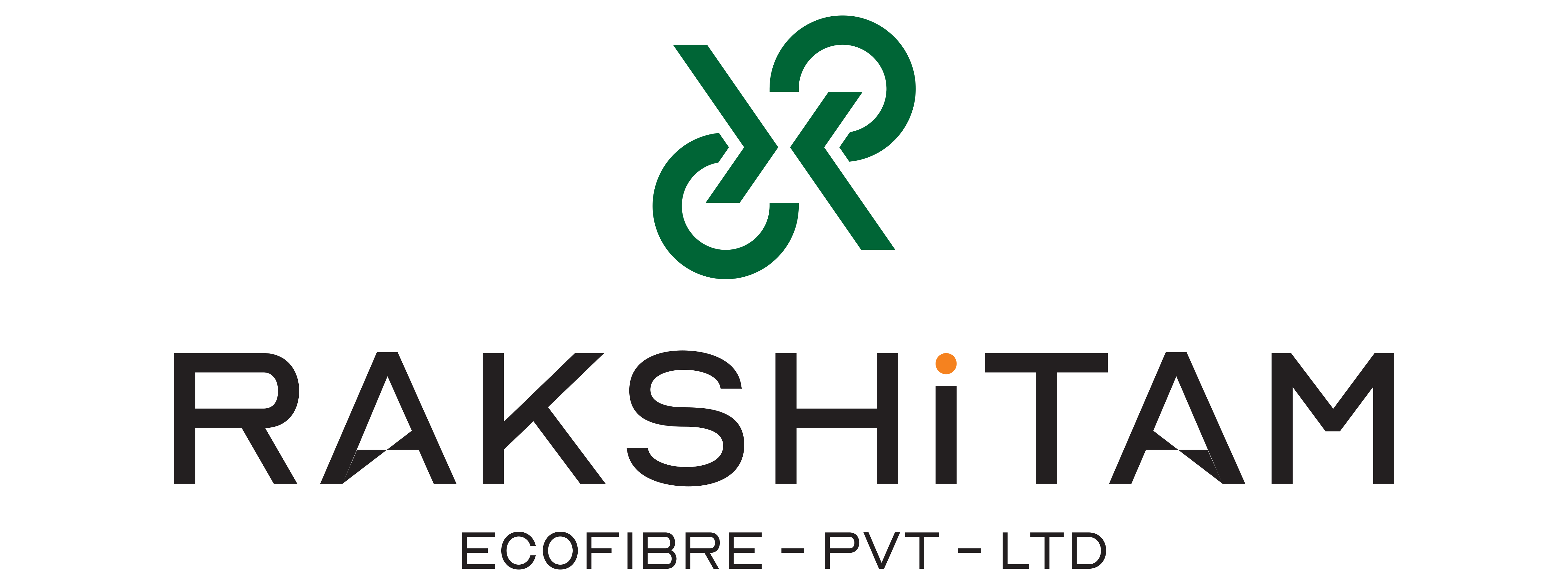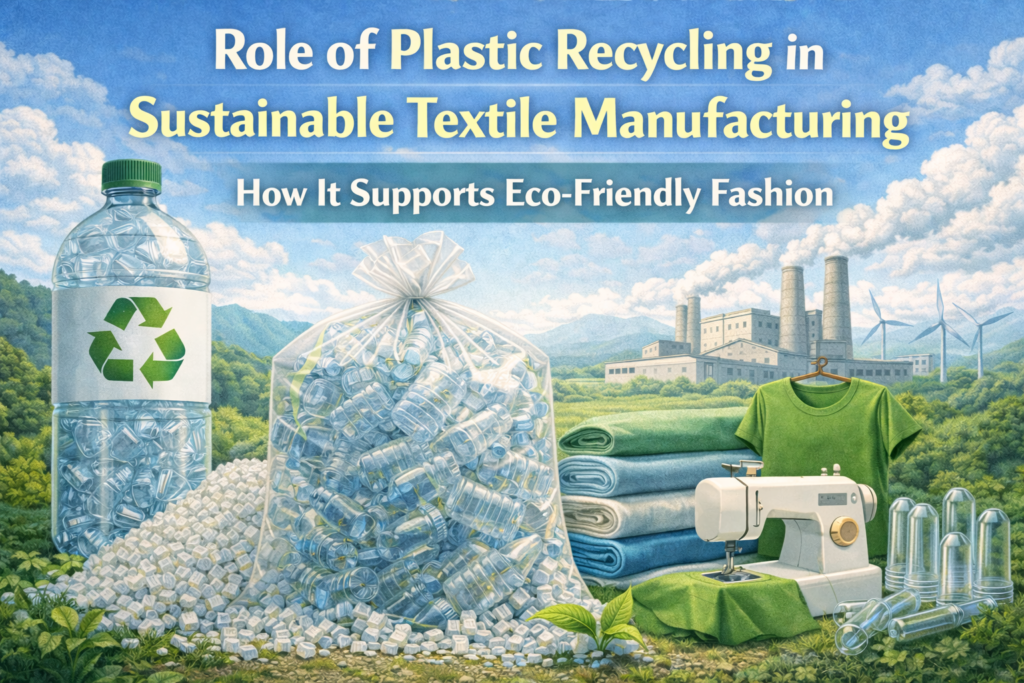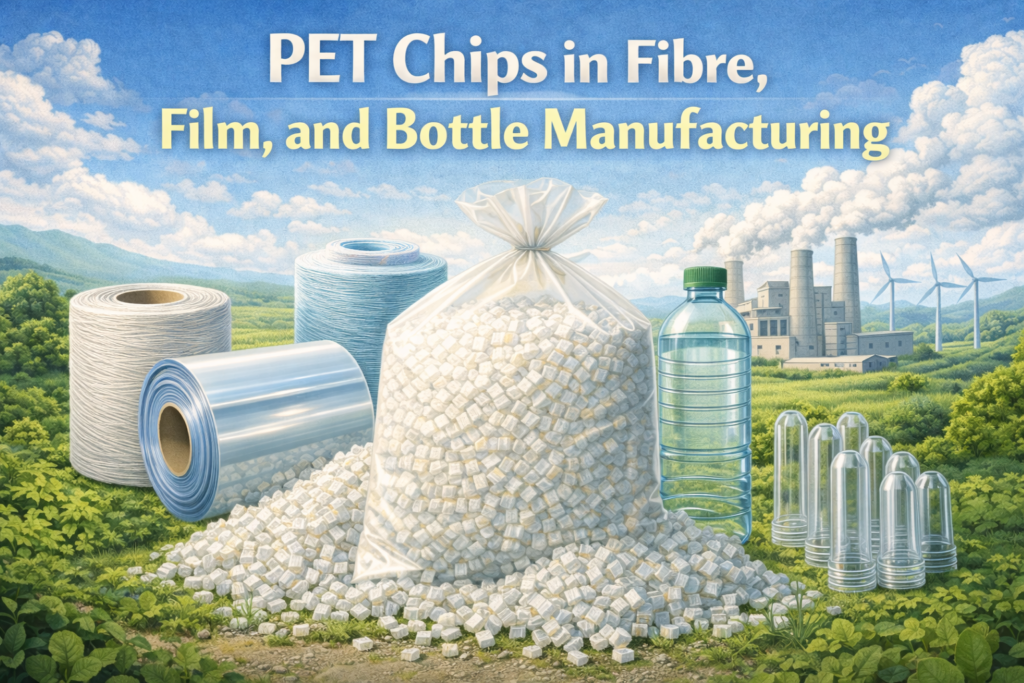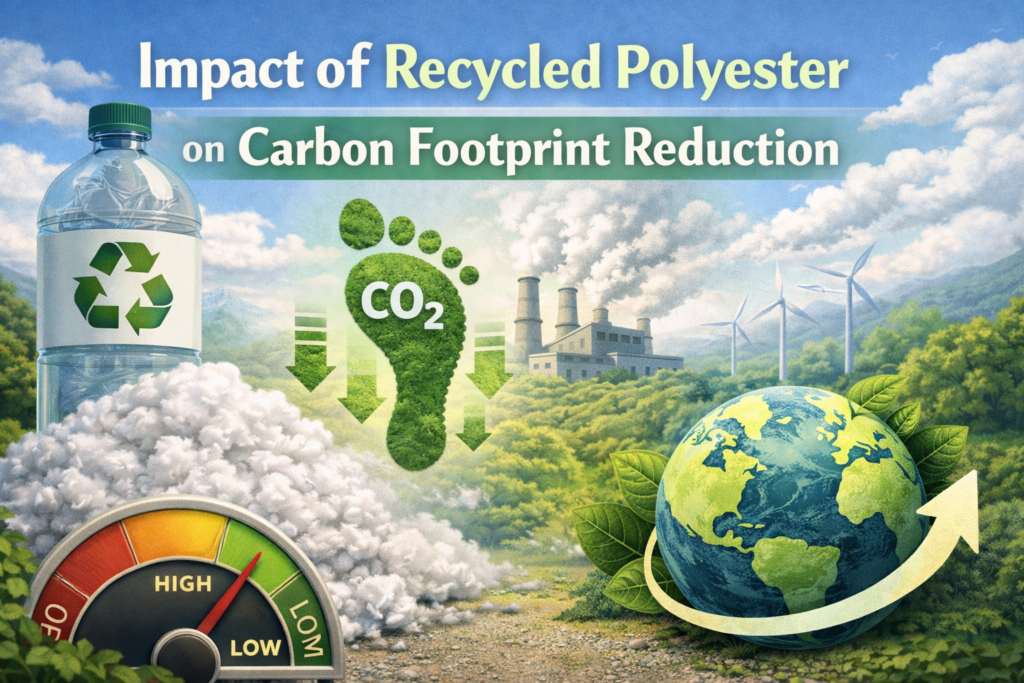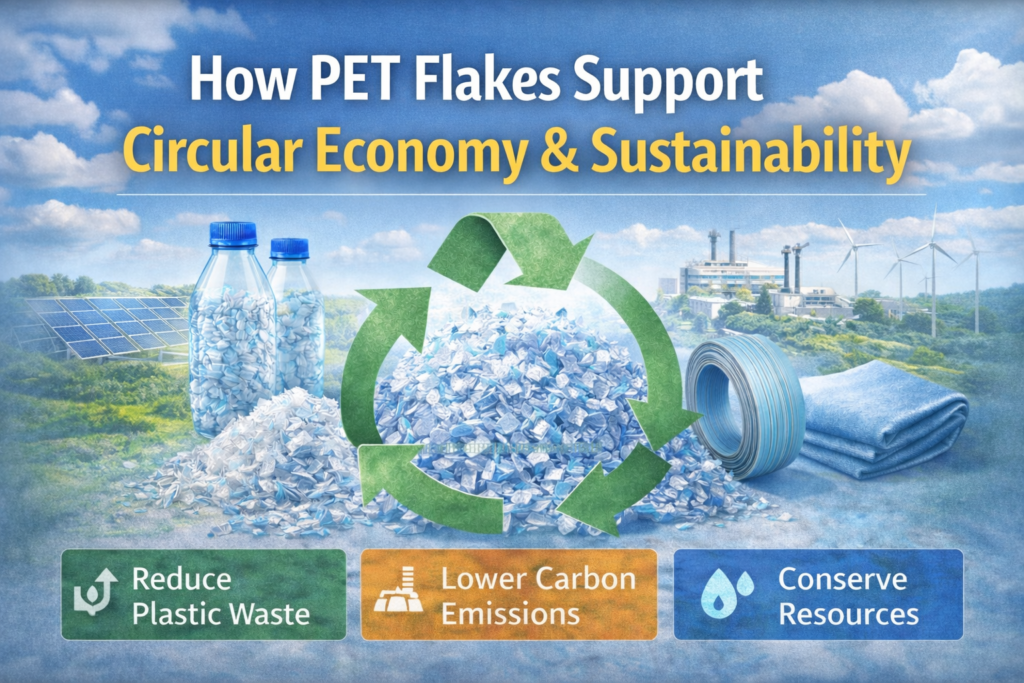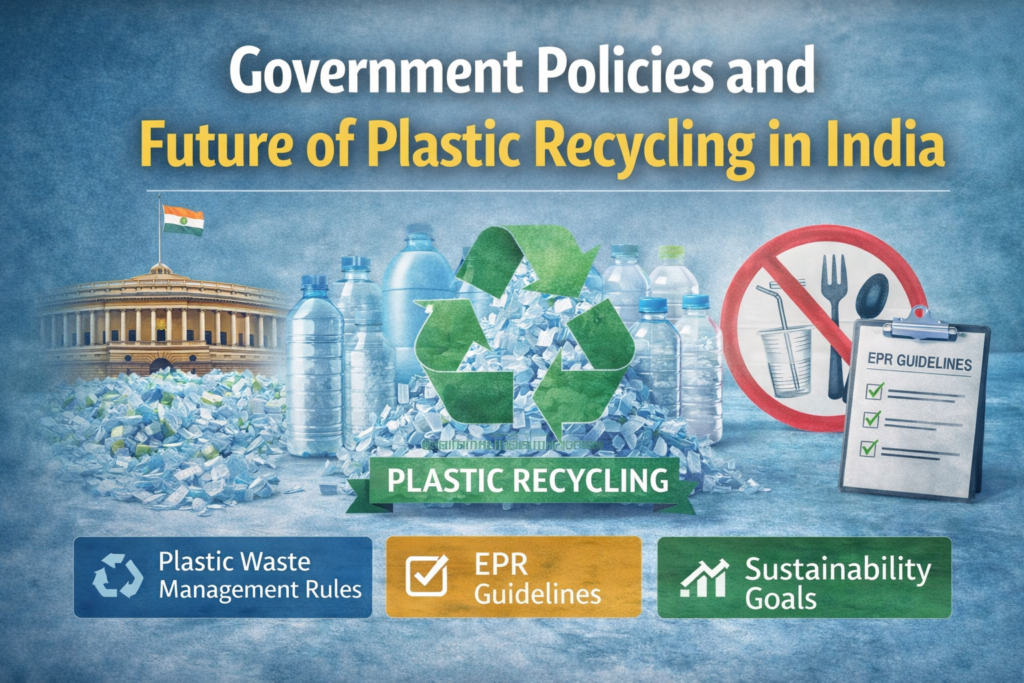The awareness of environmental sustainability over the past years has forced industries to change their practices and move towards greener methods. Among such measures, rPET resins in food packaging is considered one of the significant moves toward the reduction of impact on the environment. rPET, a resin from recycled plastic bottles and containers, offers a number of benefits that are environmentally friendly and also economically sound. This article discusses the environmental impact of rPET resins on food packaging and explores how they can help a greener future.
Plastic Waste Reduction
Perhaps the most compelling argument to use rPET resins in food packaging is plastic waste reduction. The earth produces millions of tons of plastic every year, most of which end up in the landfill or in natural ecosystems that pollute them. Manufacturers convert used PET bottles and containers into rPET resins, hence diverting plastic waste away from landfills and oceans. This recycling process minimizes the volume of wastes and reduces the need to produce virgin plastic, eliminating the source of plastic pollution.
Conservation of Natural Resources
Although high-volume usage of virgin PET requires enormous reservoirs of crude oil and natural gas, which are very precious depleting resources, its production of rPET-based resins relies on recycling existing plastic waste instead of raw materials, making them unnecessary completely. Further, the consumption of rPET by industries conserves natural resources further. This also saves the pollution caused by the extraction and further processing of the resources.
Carbon Footprint Reduction
The production of rPET resins consumes relatively less energy compared to the virgin PET. Studies reveal that rPET can decrease greenhouse gas emissions by as much as 60% in comparison to the virgin PET production. This is through reduction in energy usage in recycling and avoidance of emissions related to the extraction and processing of raw materials. With the adoption of rPET in food packaging, companies can significantly reduce their carbon footprint, aligning with global efforts to combat climate change.
Support for a Circular Economy
rPET resins are highly significant in advancing the circular economy, which is a system that places emphasis on reusing and recycling materials to prevent waste from happening. As applied in food packaging, rPET manifests the potential of a close-loop system where materials are continuously recycled and repurposed. In doing so, it not only avoids waste but also creates value by developing industries for recycling as well as encouraging innovation in sustainable package solutions.
Reduced Virgin Plastics Dependence
The demand for virgin plastics has been a push factor for plastic pollution and environmental degradation for many years. If virgin PET is replaced by rPET, then the new production of plastics will become less dependent on industries, thus saving resources and countering the environmental impacts in virgin plastic production, such as habitat destruction and water pollution, as well as greenhouse gas emissions.
Consumer Awareness
This would, in turn, communicate a strong message to the consumers about the importance of recycling and sustainability. Whenever a consumer finds a product packaged in recycled material, they tend to buy brands that take responsibility for the environment. Such awareness would promote increased recycling rates and motivate people to choose the environment-friendly options that could be further carried beyond the packaging.
Food Safety
Although the environmental benefits are extremely crucial, food packaging materials should not pose a health hazard to human consumption. rPET resins undergo extreme cleaning and processing so as to be free of stringent regulations in terms of food-grade packaging. Modern technologies ensure that the recyclable material is contamination-free and, thus safe for the storage of food and beverages. With dual benefits such as environmental sustainability and food safety, rPET has been chosen for the ideal option of green packaging solutions.
Innovation in Recycling
Increasing demand for rPET resins has stimulated new innovations in recycling technologies. Improved sorting techniques, new cleaning processes, and enhancements in the lines enhance not only the efficiency but the quality of recycled materials too. All this contributes both to the development of the packaging industry and to the overall infrastructure of recycling and the ease with which it will eventually be possible to recycle other types of plastics and other materials.
Economic activities boom
The use of rPET in food packages goes to support the industry, hence creating employment in a nation and boosting economies as a whole. Where people need more recycled items, so do they necessitate proper collection, sorting and processing mechanisms. This results in the stronger recycling industry but propels a greener economy.
Conclusion
Of all the environmental benefits as depicted above, the use of rPET resins for food packaging is true without doubt. rPET is a sustainable alternative to traditional packaging materials by reducing plastic waste, conserving resources, lowering carbon emissions, and supporting a circular economy. It also ensures food safety while raising consumer awareness, making it a versatile and practical solution. It means we move closer to the more sustainable future where material is valued, resources conserved, and the earth preserved for generations to come. And as industries and consumers embrace the shift toward rPET, we look forward to a brighter tomorrow.
